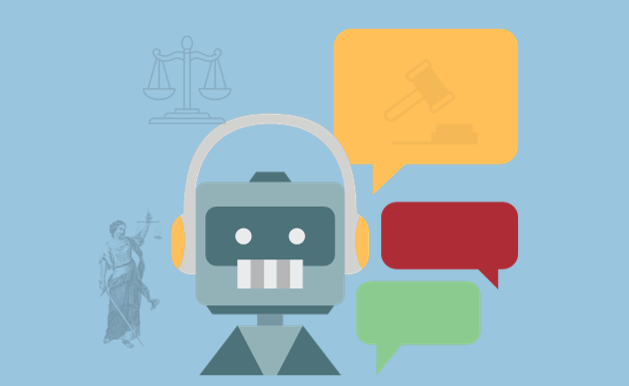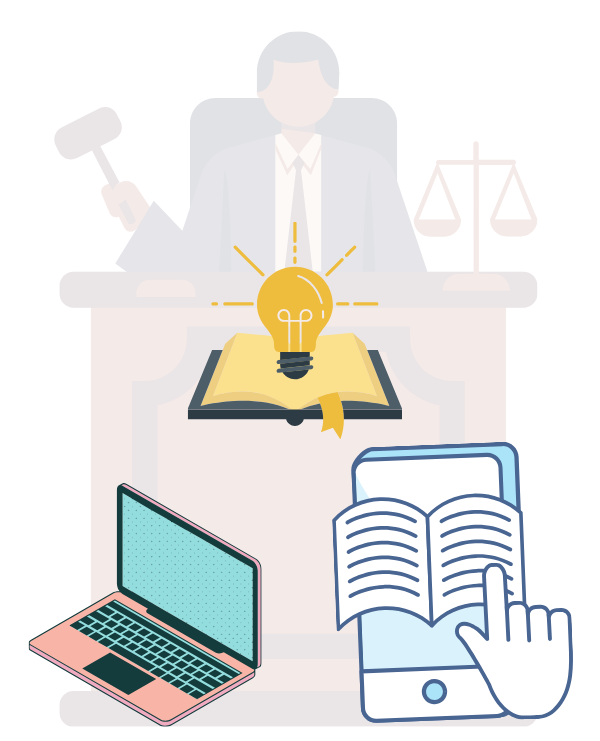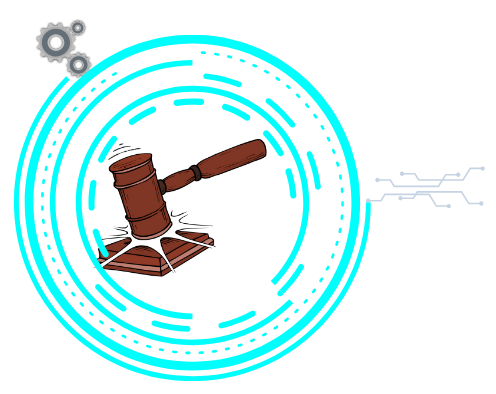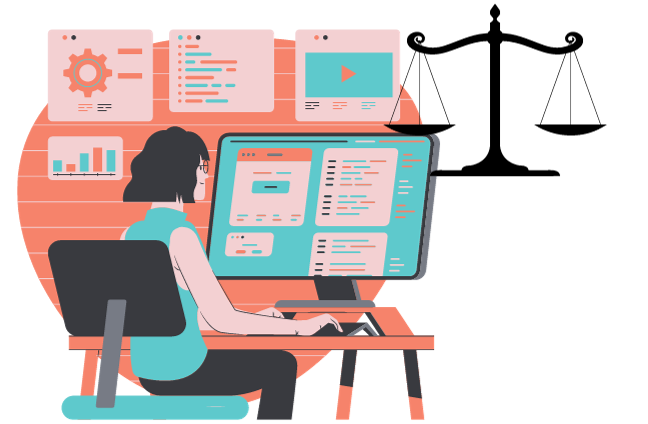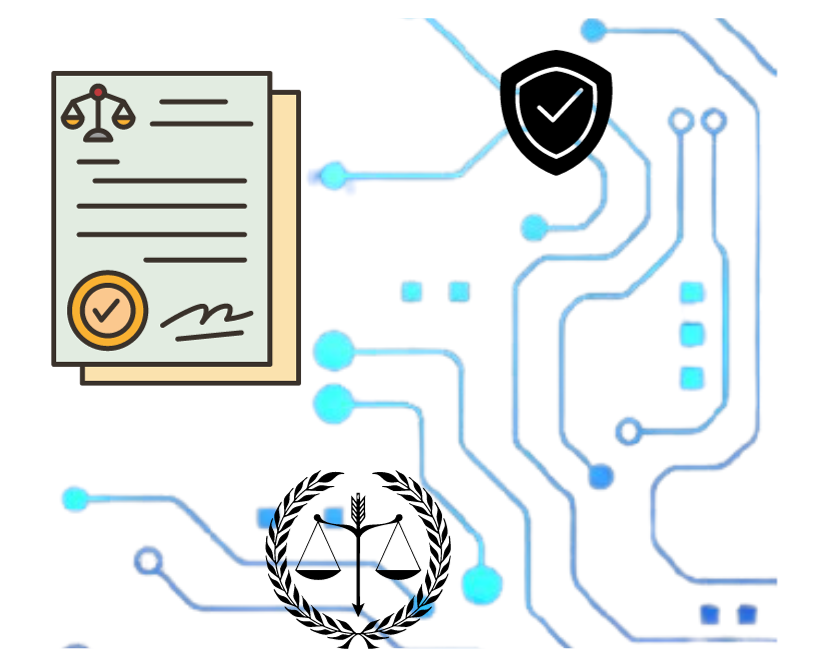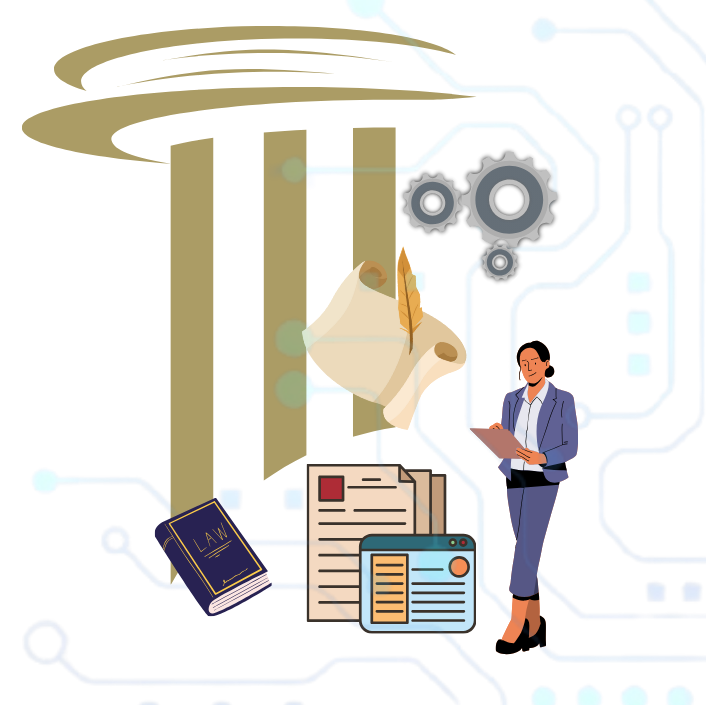Artificial intelligence-driven chatbots are transforming the legal services sector by becoming more and more essential in improving client communication. The legal industry is changing along with other…
The way legal scholars, practitioners, and researchers access, evaluate, and interpret legal information has changed significantly because of the evolution of legal research tools’ evolution from traditional…
A branch of artificial intelligence called machine learning (ML) is concerned with creating statistical models and algorithms that let computers use data to learn from and make…
Complying with legal tech’s data privacy regulations is essential to maintaining legal compliance and safeguarding confidential data. The way legal tech companies handle, and process data is…
Smart contracts, which use blockchain and cryptography to automate, carry out, and enforce contractual agreements, mark a significant advancement in contract law. Smart contracts are designed to…
A technology known as augmented reality (AR) superimposes digital data, like text, pictures, or three-dimensional (3D) models, on the physical world. AR improves the real world by…
Case outcomes in the legal system can be greatly impacted by predictive analytics, a subset of advanced analytics that employs data, statistical algorithms, and machine learning techniques…
Legal documents are a broad category of written materials that are essential to many legal relationships, transactions, and processes. These legal agreements, rights, and obligations between parties…
Blockchain, as used in the context of legal technology, is a distributed, decentralized digital ledger technology that offers a transparent, safe, and easy method of storing, recording,…
The term “legal design” describes the application of design thinking ideas to the legal profession. It entails applying a human-centered approach to produce more comprehensible, practical, and…












